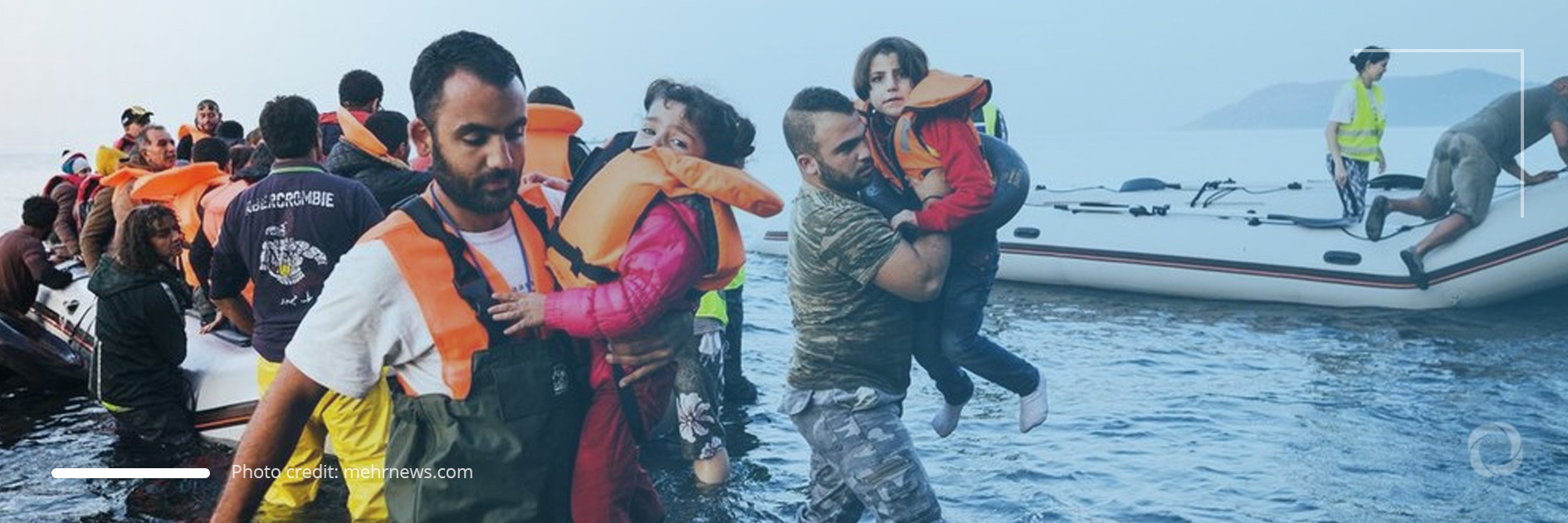On the 70th anniversary of the 1951 Refugee Convention, defenders of human rights point out that the wealthiest states are failing to meet the commitments made leaving many refugees and displaced people without the help they are eligible to receive.
The UN High Commissioner for Refugees, Filippo Grandi, stressed in his op-ed published by The Telegraph that while humanity faces growing numbers of refugees and displaced people, some developed countries are less willing to help and grant asylum thus violating the Refugee Convention despite the fact that they had previously signed this agreement.
Grandi points out that amongst the refugees and displaced people the most vulnerable are women, children, the disabled, and the LGBT+ community. He also emphasized that almost 90% of refugees and displaced people are hosted by developing countries rather than by better-equipped wealthy states.
In his op-ed for The Times, Ban Ki-moon, former Secretary-General of the United Nations, highlighted that Afghan refugees have been forcibly returned to war-stricken Kabul after the Netherlands, Sweden, Germany, Austria, and Finland denied them asylum. Similarly, Denmark has revised its temporary residency permits for Syrians, claiming that it is now safe for them to return to their country of origin. Ban Ki-moon also commented that certain countries, such as Australia, will not even consider taking in refugees and instead sends them to other states such as Papua New Guinea or Nauru Island. A similar policy has been implemented by the UK.
Other examples of the violation of the Convention are the recent cases of the illegal pushback of refugees by EU states revealed as a result of a journalistic investigation undertaken by The Guardian. Some evidence indicates that the EU border agency, Frontex, has been involved in illegal pushbacks which is why the European Anti-Fraud Office (OLAF) has opened an investigation to verify this.
The Refugee Convention was adopted in July 1951 in Geneva as a reaction to the horrors of the Second World War and has been signed by 149 states. The UN Refugee Agency has a unique mandate to supervise this under international law. Under the terms of the Convention, to be granted refugee status, a person must have a “well-founded fear of being persecuted for reasons of race, religion, nationality, membership of a particular social group or political opinion, is outside the country of his nationality and is unable or, owing to such fear, is unwilling to avail himself of the protection of that country.”

